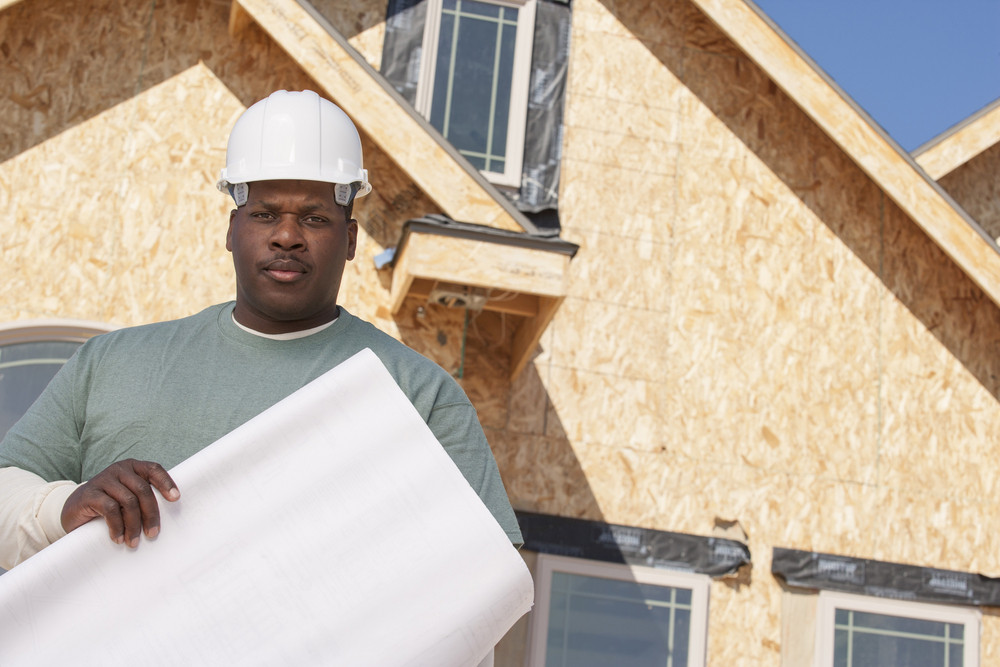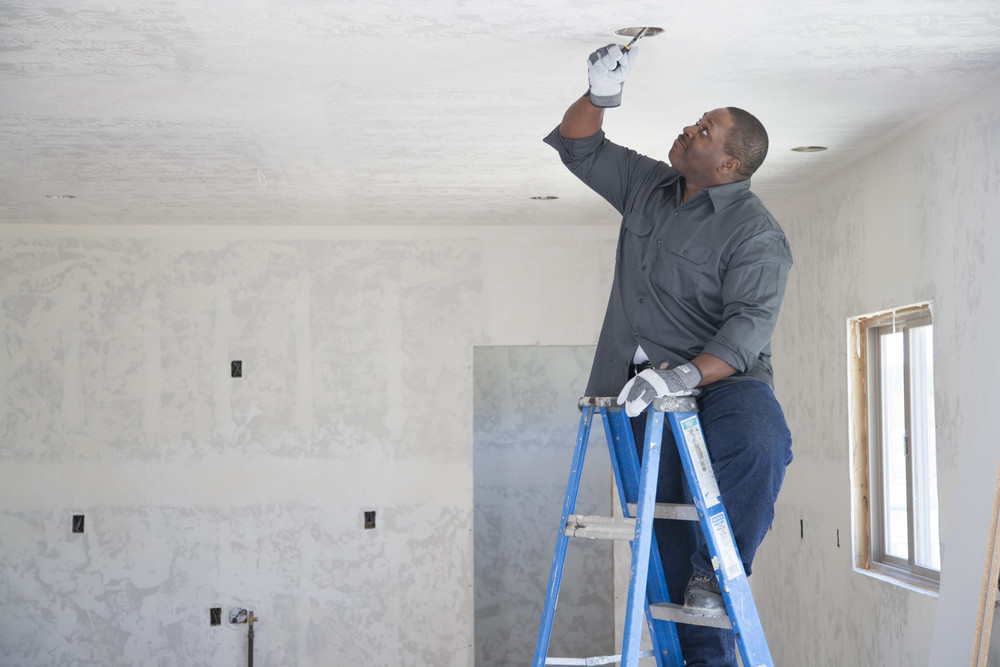
Highlights
- Key traits to look for in a reputable home builder
- Questions to ask during the vetting process
- How to research and compare builder portfolios
- The role of licensing, insurance, and references
- Red flags to avoid when selecting a builder

1. Why Choosing the Right Home Builder Matters
Selecting the right home builder is one of the most important decisions in the home construction process. A good builder ensures that your vision becomes a reality, stays within budget, meets deadlines, and delivers high-quality work. On the other hand, choosing the wrong contractor can lead to delays, unexpected costs, poor craftsmanship, and long-term frustration. According to the National Association of Home Builders (NAHB), one of the most common complaints among new homeowners is poor communication with their builder. This highlights the importance of selecting someone who not only has the technical expertise but also values collaboration and transparency. Your builder will be your main partner throughout this journey, so it’s crucial to choose one who is experienced, responsive, and aligns with your goals.
2. What Qualities Should a Reputable Home Builder Have?
A reputable home builder should have a track record of delivering high-quality homes, along with solid references and transparent pricing. Look for someone who is licensed, insured, and has experience with the type of home you want to build. They should also have excellent communication skills and a process for keeping clients informed throughout the build. Portfolios showcasing previous work are essential for evaluating craftsmanship and design compatibility. According to Houzz’s U.S. Houzz & Home Study, nearly 75% of homeowners said that past project portfolios heavily influenced their final decision when hiring a builder. Additionally, a strong builder will offer warranties on their work and have a network of reliable subcontractors. These qualities demonstrate professionalism, reliability, and commitment to client satisfaction.
3. How Do I Start the Research Process?
The research phase is foundational to making an informed decision. Begin by asking friends, family, or real estate agents for recommendations. Online reviews on platforms like Google, Houzz, and the Better Business Bureau (BBB) can provide insights into customer satisfaction and possible red flags. Look into local builders’ websites to examine their services, project galleries, and testimonials. Social media platforms may also showcase recent projects and customer feedback. Make a shortlist of at least three to five builders and start reaching out for preliminary consultations. This step helps you evaluate their responsiveness and professionalism from the start. Keep detailed notes so you can compare services, timelines, and communication styles. Establishing clear expectations early will streamline your decision-making process.
4. What Questions Should I Ask a Prospective Builder?
Asking the right questions during consultations can uncover key information about a builder’s process and reliability. Essential questions include: How long have you been in business? Are you licensed and insured? Can you provide recent references? What is your typical timeline for a project like mine? What type of warranty do you offer? Do you use in-house workers or subcontractors? How do you manage project changes or delays? A reliable builder will answer confidently and provide documentation when needed. Discussing budgeting processes, material sourcing, and communication methods is also vital. You should leave the consultation with a clear understanding of the next steps, expected costs, and how the builder will keep you informed during the project. Don’t hesitate to ask follow-up questions if anything is unclear.
5. What Red Flags Should I Watch Out For?

Not all builders operate with the same level of professionalism, so it’s essential to be aware of warning signs. Be cautious of builders who hesitate to show licensing, lack a permanent business address, or are unwilling to provide references. Unrealistically low estimates can be a trap, leading to cost overruns or subpar work. Poor communication early in the process often signals ongoing issues during the build. Also, steer clear of builders who pressure you into signing quickly or refuse to put details in writing. A trustworthy builder is transparent and encourages due diligence. Watch for incomplete contracts or vague timelines. Checking with your local consumer protection agency or the BBB can help reveal any unresolved complaints or legal issues. Trust your instincts—if something feels off, it probably is.
6. How Important Are Licensing, Insurance, and Warranties?
Licensing and insurance are non-negotiable. A licensed builder meets local regulations and is more likely to stay updated on building codes and industry standards. Insurance, including general liability and workers’ compensation, protects you from potential legal or financial liability during the project. Before signing a contract, ask for proof of insurance and verify it with the provider. Warranties are equally important, as they reflect a builder’s confidence in their work and provide you with peace of mind. Many reputable builders offer one- or two-year warranties on materials and labor, as well as longer warranties on structural elements. Always read the warranty terms carefully and ask for clarification on what is and isn’t covered. A builder who offers comprehensive warranties demonstrates a commitment to quality and customer satisfaction.
7. How Can I Evaluate Previous Work and Client Satisfaction?
Touring a builder’s completed projects or current job sites offers firsthand insight into their craftsmanship and attention to detail. Ask the builder if you can visit model homes or ongoing builds. This allows you to see the materials used, site organization, and how work is progressing. You should also request a list of recent clients you can contact for references. Ask former clients about their experience with timelines, communication, budget management, and post-completion support. Some builders may even arrange client meetups or offer virtual walkthroughs. If direct visits aren’t possible, pay close attention to online reviews and case studies. High-quality builders take pride in their work and have no problem sharing their accomplishments. Consistent positive feedback across multiple projects is a strong indicator of reliability and customer satisfaction.
8. What Role Does Communication Play in the Building Process?
Clear and consistent communication is one of the most important aspects of a successful home-building project. Your builder should establish communication channels early—whether through weekly meetings, phone calls, or an online portal for project updates. Transparency about timelines, delays, costs, and decisions ensures that both parties remain aligned throughout the process. Miscommunication can lead to costly errors, project delays, and unmet expectations. Ask how the builder plans to communicate and what kind of updates you’ll receive. Some builders use project management software to share progress photos, schedules, and documentation. Good communication fosters trust and reduces stress. Make sure you feel comfortable asking questions and voicing concerns, as ongoing dialogue is key to keeping your project on track and your vision intact.
Choosing the right home builder is a process that involves careful research, asking the right questions, and trusting your instincts. A builder should not only meet your technical requirements but also share your communication style, budget expectations, and commitment to quality. From checking credentials and warranties to evaluating past work and references, every step adds confidence to your final decision. When you select a builder who aligns with your needs and values, the home-building experience becomes smoother, more enjoyable, and more successful. A well-chosen builder ensures that your new home isn’t just constructed—it’s crafted to support your lifestyle and future. As you navigate this important decision, use this guide as a checklist to make sure no detail is overlooked. With the right approach and a trusted partner, you can confidently build the home of your dreams.
